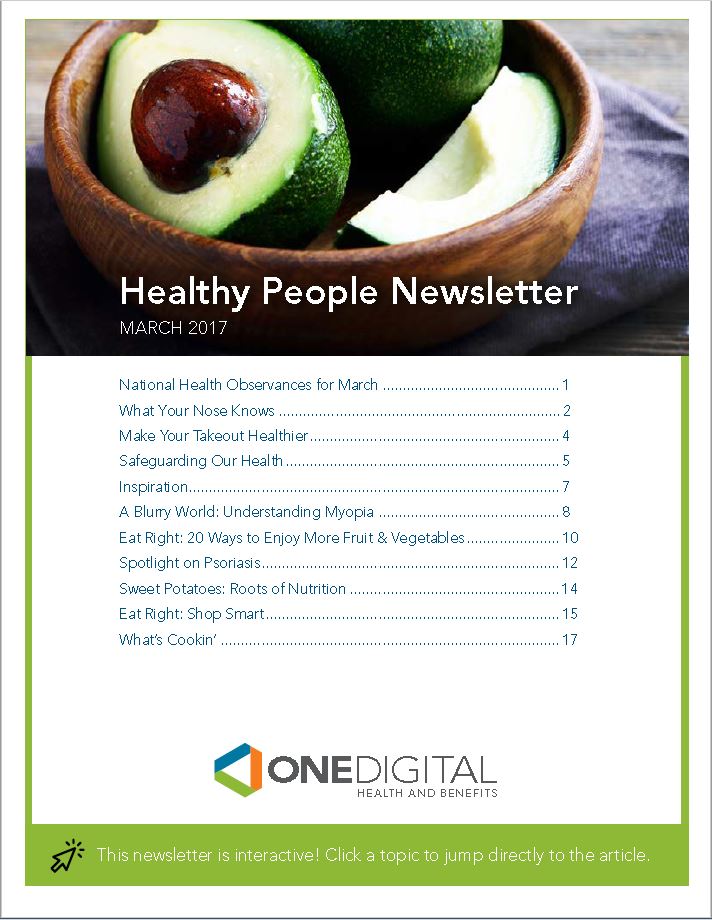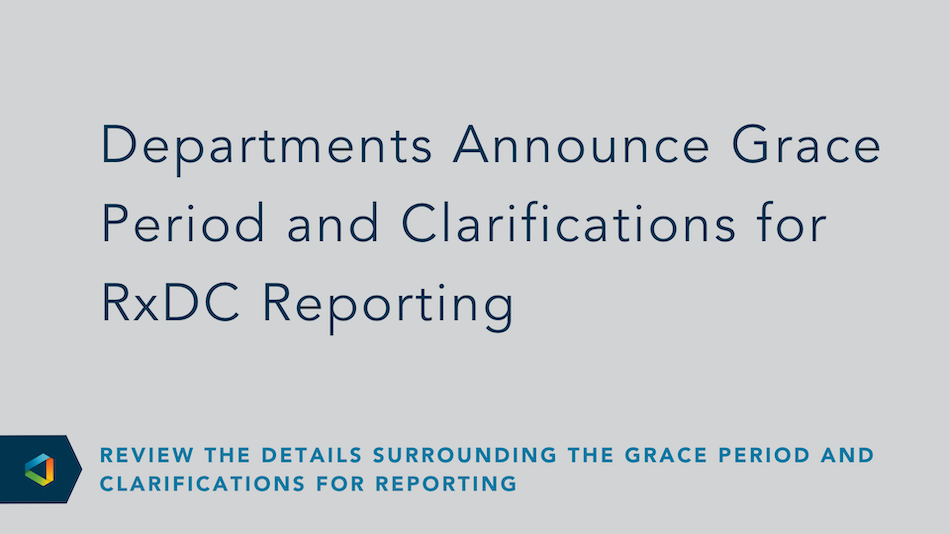We share more than food and culture within our homes and communities. We can also spread disease. Luckily, we live in a time when vaccines can protect us from many of the most serious illnesses. Staying current on your shots helps you—and your neighbors—avoid getting and spreading disease.
“Vaccines have led to large reductions in illness and death—for both kids and adults—compared with the “pre-vaccine era,” says Dr. David M. Koelle, a vaccine expert at the University of Washington in Seattle.
Vaccines will prevent about 322 million illnesses, 21 million hospitalizations, and 732,000 deaths among U.S. children born over the last 20 years, according to a recent report.
Vaccines harness your immune system’s natural ability to detect and destroy disease-causing germs and then “remember” the best way to fight these germs in the future. Vaccination, or immunization, has completely eliminated naturally occurring smallpox worldwide—to the point that we no longer need to get shots against this fast-spreading, once-deadly disease. Polio too has been eliminated in the U.S. and most other nations as well, thanks to immunizations. Poliovirus can affect the brain and spinal cord, leaving people unable to move their arms or legs, or sometimes unable to breathe.
Experts recommend that health children and teens get shots against 16 diseases. With this growing list, many disabling or life-threatening illnesses have significantly declined in the U.S., including measles, rubella and whooping cough. But, unlike smallpox, these disease-causing germs, or pathogens, still exist around the world.
WIDESPREAD BENEFITS
When enough people are vaccinated, the entire community gains protection from the disease. This is called community immunity. It helps to stop the spread of disease and protects the most vulnerable: newborns, the elderly and people with serious illnesses like cancer. During these times, your immune system is often too weak to fend off disease and may not be strong enough for vaccinations. Avoiding exposure becomes key to safeguarding your health.
“There’s a huge benefit to all of us getting the recommended vaccines,” explains Dr. Martha Alexander Miller, an immune system expert at Wake Forest Baptist Medical Center in Winston-Salem, NC. “Number one, vaccines protect you. But they also limit the presence of disease-causing entities that are circulating in the community. So, you’re helping to protect individuals who may not be capable of protecting themselves, for example because they are too young to get vaccinated.”
Doctors recommend that moms-to-be get both flu and Tdap (tetanus, diphtheria, and whooping cough) shots, so her body will make antibodies against these diseases. A mother’s antibodies can help protect the newborn until they can receive their own vaccinations.
Some vaccines must be given before pregnancy. Rubella, for instance, can cause life-altering birth defects or miscarriage if contracted during pregnancy. There’s no treatment, but the measles, mumps, and rubella (MMR) vaccine given pre-pregnancy offers prevention. Vaccines for many other common diseases that put newborns at risk are being studied.
“We’ve made amazing progress in the development of effective vaccines,” says Alexander-Miller. “Our ability to have such breakthroughs is the end result of very basic research that went on for years and years. But we still don’t know everything that we need to know about how to create the very best vaccine.”
Ask your doctor’s office whether your vaccinations are current. You may also find records of vaccinations at your state health department or schools. If you can’t find your records, ask your doctor if it’s OK to get a vaccine you might have received before.
Most side effects of vaccines are mild, such as a sore arm, headache, or low-grade fever.
Help your community keep diseases at bay: stay up-to-date with vaccines.
Source: welcoa.org

Read it, share it, print it
Download March's Healthy People E-News!




